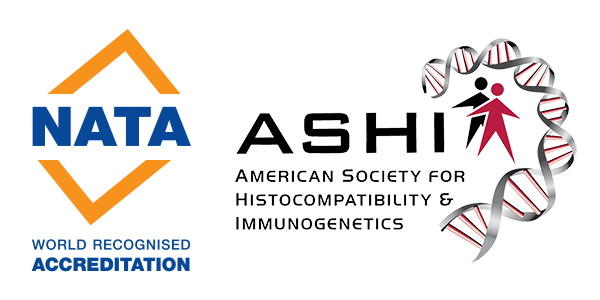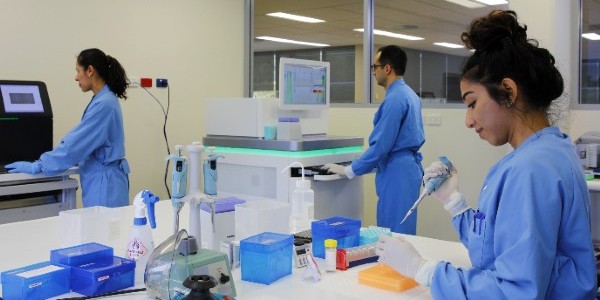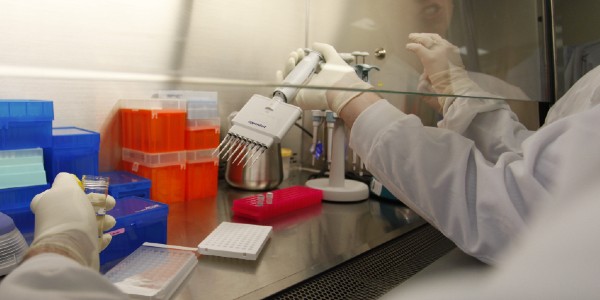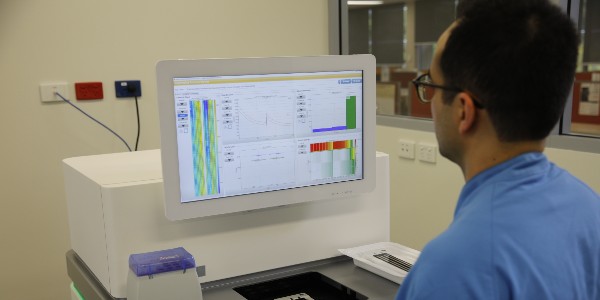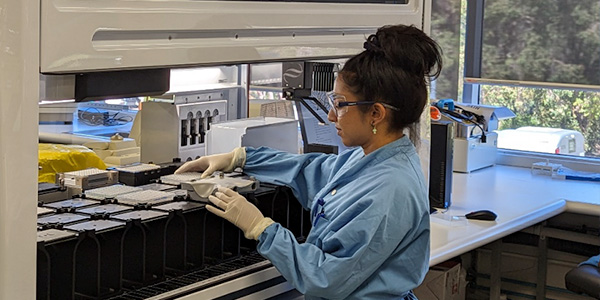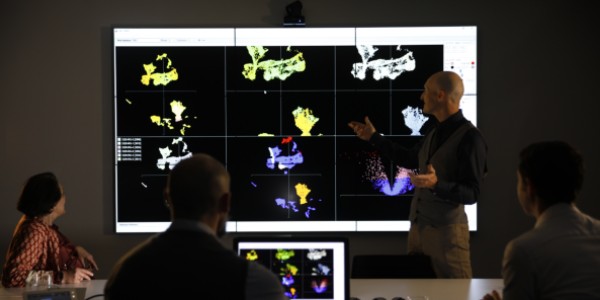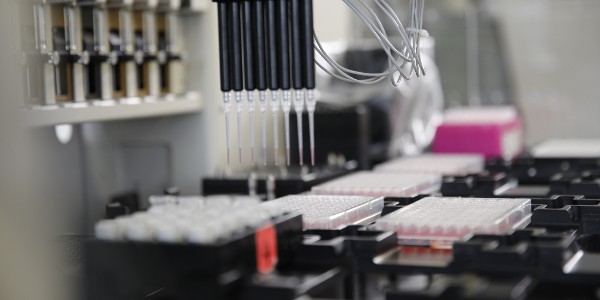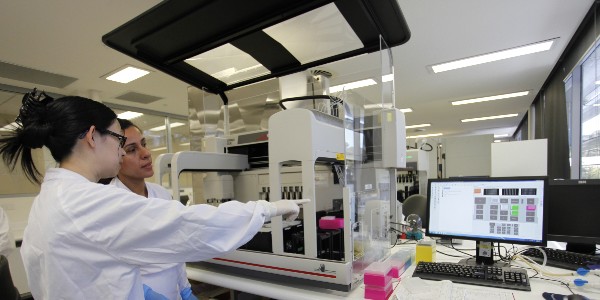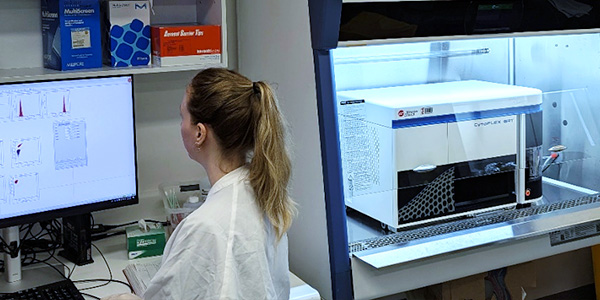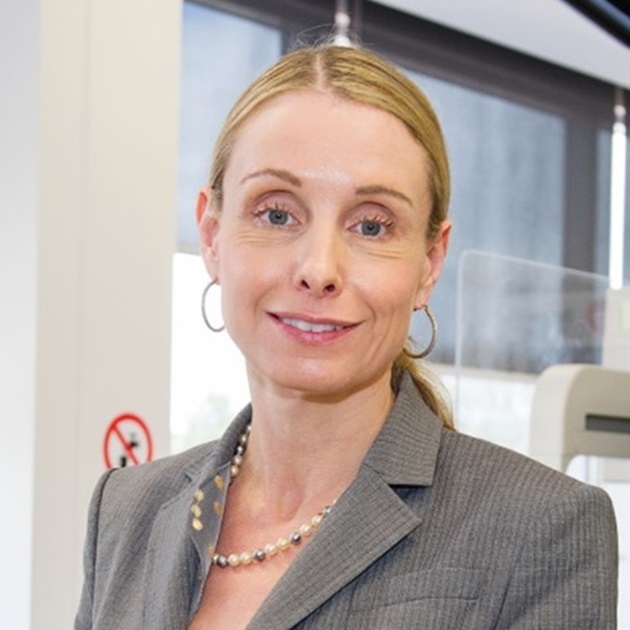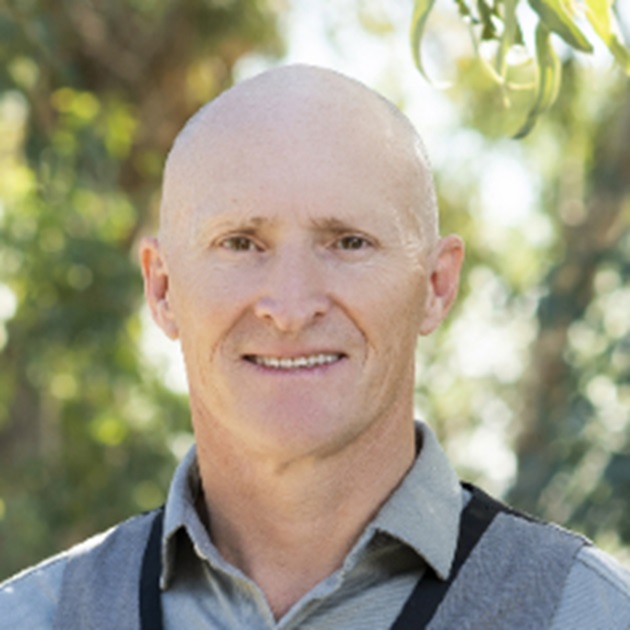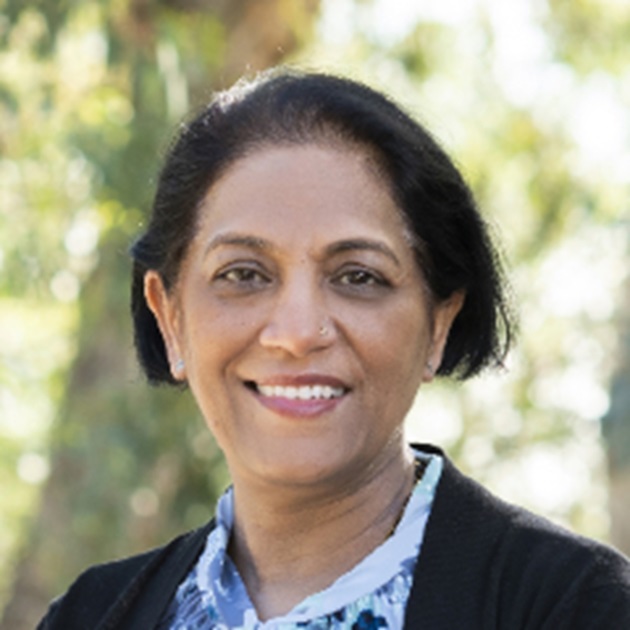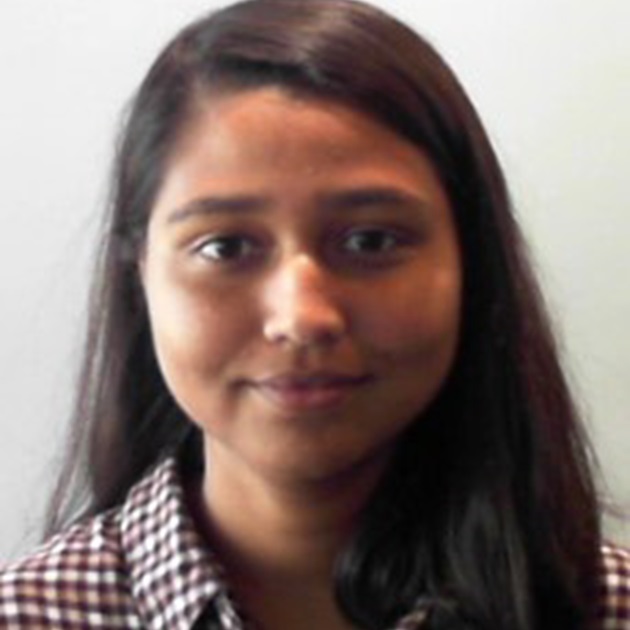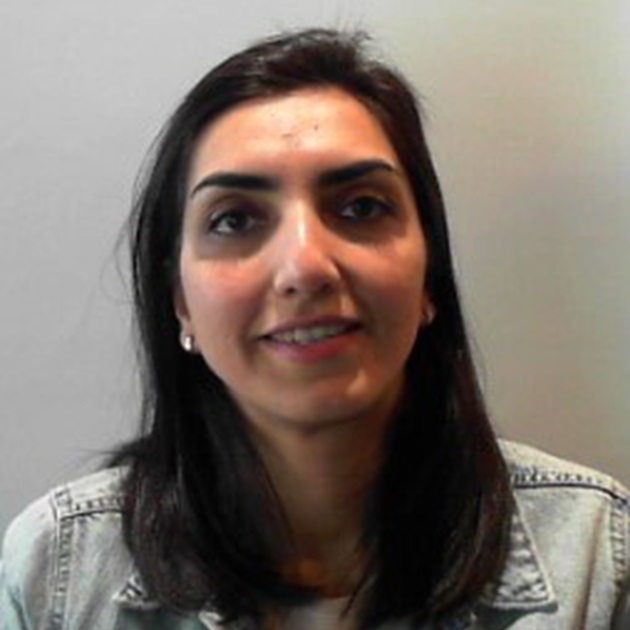New partnership to advance camel health and conservation
Murdoch University has entered a landmark partnership with Saudi Arabia's Al Nahdi Family to deliver the world’s most comprehensive genetic map of camels. The initiative marks the first collaboration of its kind between Australia and Saudi Arabia and is set to transform how camel populations are understood, bred and conserved
“Partnering with Murdoch University to unravel the camel pangenome marks the first step in this ambitious and pioneering program,” said Omar Al-Ghamdi, CEO of Al-Shmoul Holding, the subsidiary of the Al Nahdi Family engaged in the project.
“Our goal is to advance camel genomics research, promote long-term preservation through the maintenance of genetic diversity, and strengthen the cultural conversation around camels not only in Saudi Arabia, but globally.”
The focus of the partnership is to build a high-quality pangenome of the three camel species: Dromedary, Bactrian and wild Bactrian camels.
These animals are much more than a symbol of desert resilience – they are a cornerstone of cultural heritage and economic livelihood across the Middle East and North Africa.
Globally, there are approximately 41 million camels, yet despite their importance, camel populations face increasing threats from inbreeding, climate stress and loss of genetic diversity.
Professor Sulev Koks, a leading genomics expert, says understanding the genetics of the three camel species will help address some of the risks facing camel populations.
“Our advanced genomics capabilities will deliver the worlds most detailed genetic map of camels, paving the way for management of camel breeding programs and health,” Professor Koks said.
“This research project will shed light on the link between observable traits and underlying genes, with a focus on addressing inbreeding in the context of specific breeding traits such as beauty characteristics, to preserve the cultural and health status of camels.”
“It will also open the door to new opportunities, with the camel pangenome project being first genomic collaboration between Australia and Saudi Arabia.”
The project will be spearheaded by Murdoch University’s multidisciplinary team of genomics, veterinary, bioinformatics and conservation experts, including Professor Koks, Associate Professor Mark Watson, Associate Professor Abha Chopra and Dr Jordan Hampton.
Recent genomic studies in Saudi Arabia have revealed striking differences in genetic diversity across camel populations. Mountainous populations show higher genetic diversity, while coastal populations show signs of genetic isolation and reduced diversity.
These findings underscore the urgency to develop more robust genomic tools to guide breeding and conservation strategies.
Murdoch’s research team will use advanced sequencing technologies to build a high-resolution pangenome, linking observable traits – such as endurance, disease resistance and even culturally valued beauty characteristics – to their underlying genetic markers. This will help address inbreeding and support sustainable breeding programs that respect both scientific and cultural priorities.
The research is part of a broader One Health research program focused on camels, commissioned by the Al-Nahdi Family. One Health is an integrated approach to tackling health challenges, recognising that the health of people, animals and ecosystems are closely linked and interdependent.
The partnership marks the beginning of a long-term collaboration that intends to extend beyond research into teaching, community engagement and regional development.
“This project is not just about camels – it’s about connecting science, culture and conservation in a meaningful way,” Professor Koks said.
{
"url": "/api/public/newsarticles?sf_site=63f31cba-5a7c-4914-93a8-00b1a1a643ea&$expand=FeatureImage&$orderby=PublicationDate desc&$filter=sharetosites/any(x:x eq 5945c9b5-6695-41a0-a14e-f920aea2de67)",
"type": "news"
}
